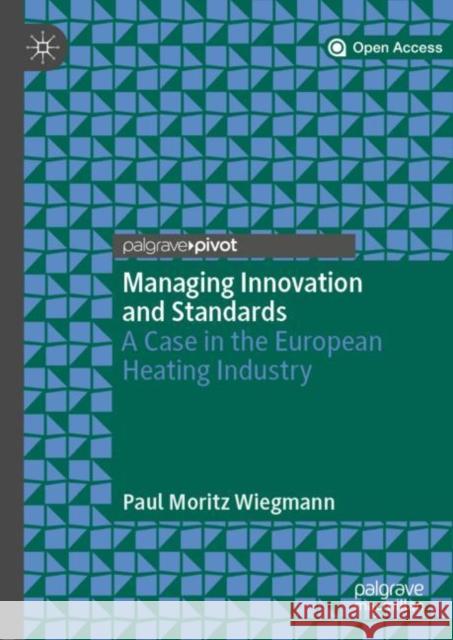Managing Innovation and Standards: A Case in the European Heating Industry » książka
topmenu
Managing Innovation and Standards: A Case in the European Heating Industry
ISBN-13: 9783030015312 / Angielski / Twarda / 2018 / 171 str.
Kategorie:
Kategorie BISAC:
Wydawca:
Palgrave Pivot
Język:
Angielski
ISBN-13:
9783030015312
Rok wydania:
2018
Wydanie:
2019
Ilość stron:
171
Waga:
0.37 kg
Wymiary:
21.01 x 14.81 x 1.27
Oprawa:
Twarda
Wolumenów:
01
Dodatkowe informacje:
Wydanie ilustrowane











